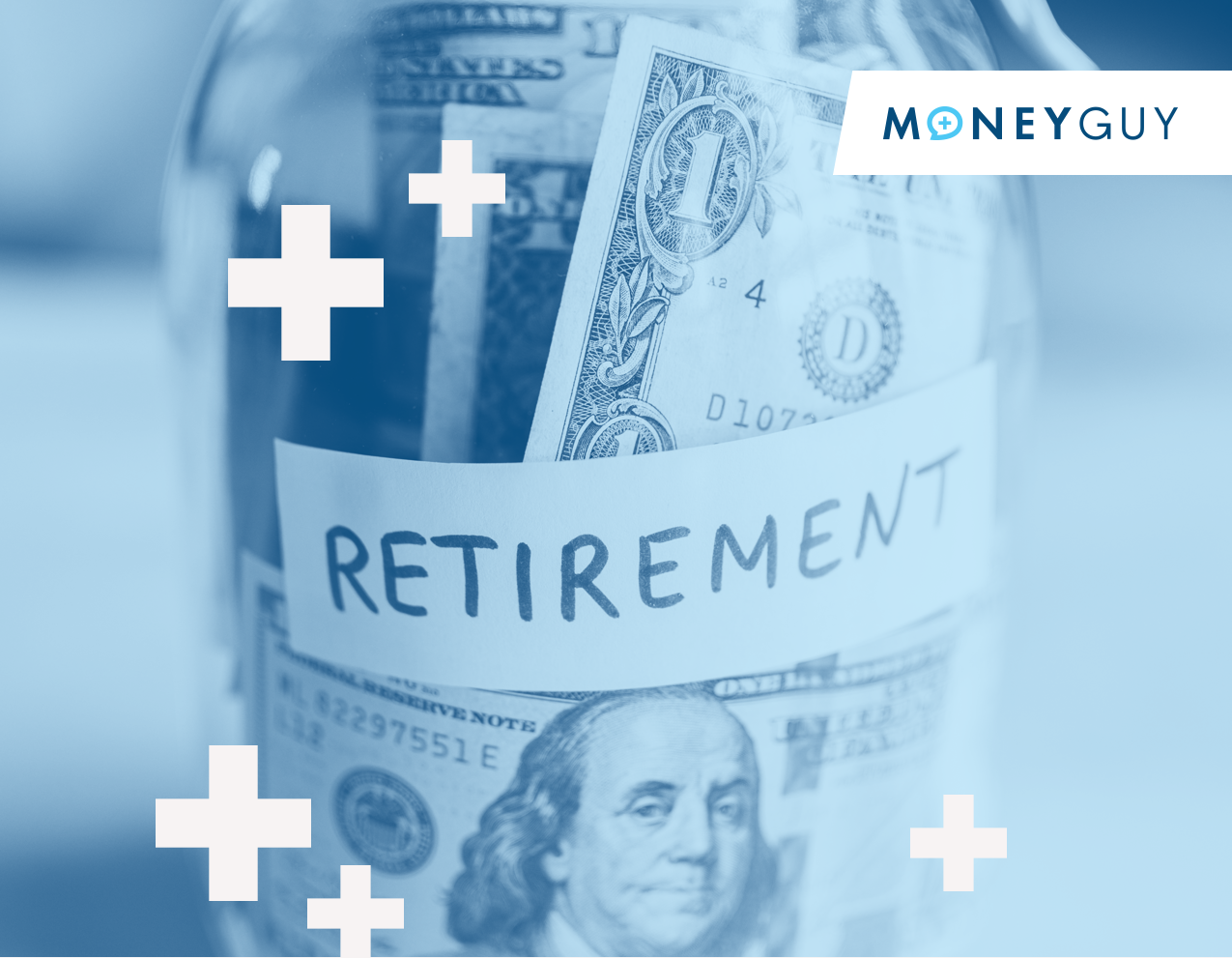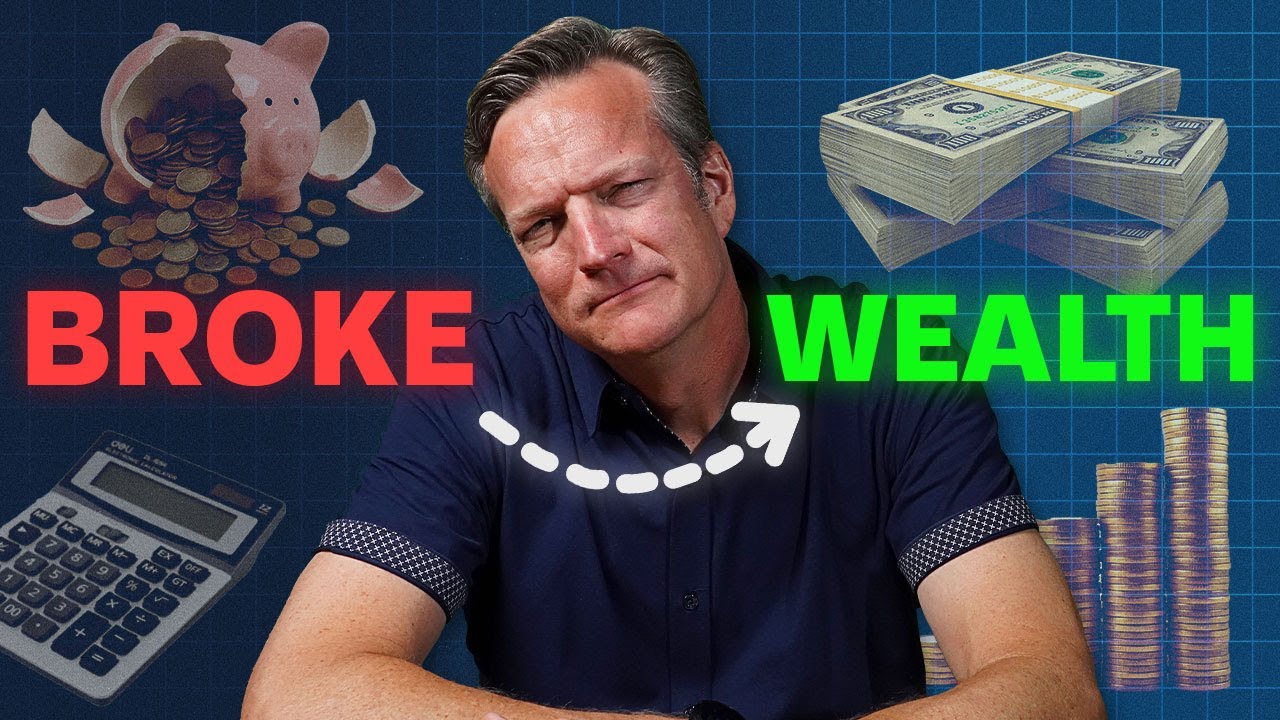Next up is Nathan's question. It says, "My company has an employee stock purchase plan. Is it better to hold the company's stock or sell after a period of time and put it into index funds? How long do I wait to sell to reduce taxes? How should he think about this?"
Well, let me give you the disclaimer first. We cannot provide specific investment advice on the show, so we're not going to tell you if it's better to sell your company stock or not sell your company stock. But we'll give you some general guidelines around what we see with employee stock purchase plans, maybe how they work, and then what are some of the pitfalls to watch out for as you move through time, especially if you've been at the company for a while or if you're working with a company that has a rocket ship stock, like they're just taken off. There are some unique things that come with that.
By the way, yeah, I mean we've even talked about this, that in a lot of ways, if your employee stock purchase plan is structured in a certain way, this could be considered a step two of the financial plan because realize we talk about free money all the time with step two employer match. Employee stock purchase plans, if they're designed like I've seen a lot of them, a lot of times they offer discounts like 15% off of the, and by the way, it's 15% a lot of times on the lower of either the beginning of the quarter or the end of the quarter, so a lot of times that creates not only the 15% discount but also the boost in just the timing of when it's dated and the purchase of the stock.
Now, what Nathan is asking, though, is that after you buy these things at a discount, there's an opportunity where if you hold them for 12 months, they could be long-term capital gain tax treatment. If you sell them right away, it's taxed as ordinary income or short-term capital gain. And I think Nathan's trying to figure out how to navigate that. We can't give the specifics, but I will tell you we do tell people you have to be careful with anything that deals with your employer because you already have your human capital, your wages, and your time, how you're earning your money, tied to them. You've got to be careful to make sure you don't also get your investment capital or your pot of money wrapped up in that. That's supposed to be risk-off or building outside of your human capital. You don't want them all tied to where all your eggs are in one basket because it could be very dangerous.
That's why if it's not more than like 5% to 10% of your total net worth, I'm okay if you want to play the tax game, especially if you really like the stock. If you want to do that, but if it is getting to be an overwhelming part of your net worth, then you might be better to go ahead and speed up that diversification opportunity.
I think what a lot of people don't realize, I'll talk to clients all the time, and they'll be like, "Oh, I've only got this many ESPPs. It's just not that big of a deal." And Brian, let's not worry about it. I'm like, "Listen to me. You have that many ESPPs, but you realize you have this much in RSUs that vested. And then you've got this much in non-vested RSUs. And, oh, by the way, you've got these options that you were awarded a number of years ago. Do you realize how much exposure that you truly have?"
When it comes to thinking about how you navigate your employer stock, make sure you're looking at the whole picture because just because you're thinking about the ESPP and that one little thing that happens every quarter, it may be a small piece of the total picture. And just like Brian said, you want to make sure that you don't get too far out of your season. I mean someone in the comments just said this, "Hey, you ought to go look up Enron." Yeah, that kind of stuff happens. Like, we see these things. Lucent, I have all the stories. I worked with a lot of Lucent executives. A lot of you now are like, "What's Lucent?" And there was a time when it was in the top five in the S&P 500. So it's one of those things where, you know, experience can be a big education. So make sure you understand that you have a plan for it that is factoring in both your risk tolerance, risk capacity, where you are in your financial journey, but also taking into account the tax implications because ESPPs can be taxed differently than options, can be taxed differently than RSUs. So you want to have a cohesive strategy in place so that you're not someone just going to ignore it, put it away, and it's like, "Awesome, that stock keeps going up and keeps growing." And holy cow, when did I end up with $3 million? I'm going to be loaded. And then you get five years before retirement, and something happens, I don't know, like a worldwide global pandemic, and all of a sudden, the business you were in is different. You watch all that wealth evaporate. Don't let that be your story. Make sure you're factoring all those different pieces in.
By the way, if you're struggling with any of these questions, I would encourage you to consider taking the relationship to the next level, because this is the stuff we do for clients. That's why whenever I see anybody say, "Why would you ever hire a financial advisor?" Well, for life or for FTE, you know? And then I'm like, "Well, there's usually a lot more." If all you're doing is just what to invest in, okay, that's one thing. But when you get into the technical stuff of how you not only get wealthy but stay wealthy, we can load you up. I love it. For more information, check out our
free resources.













